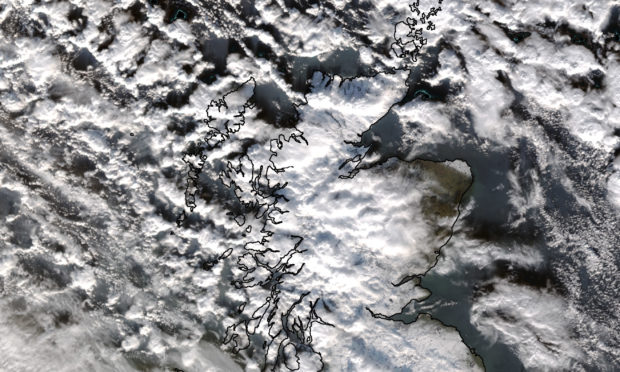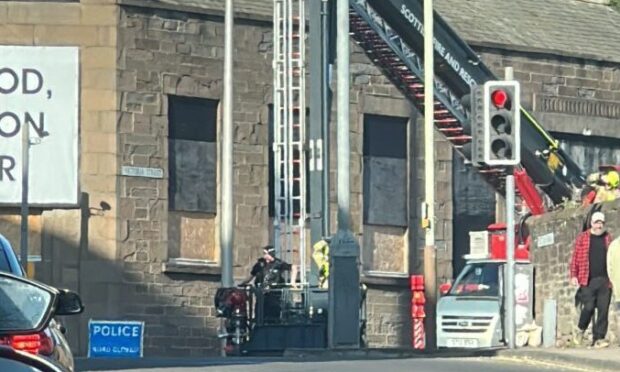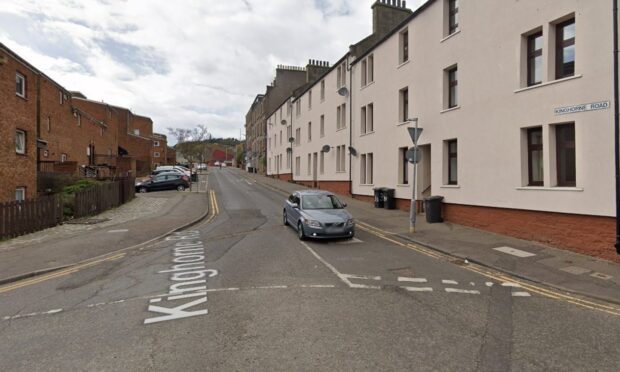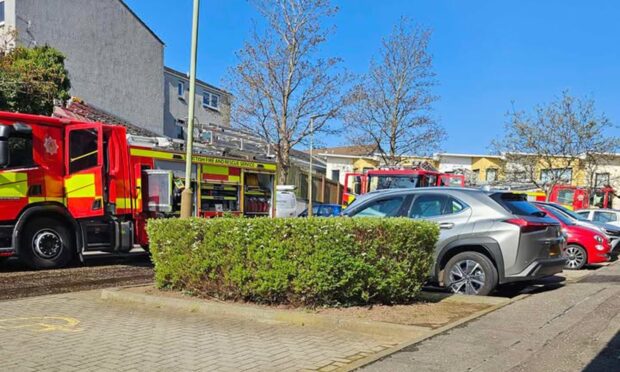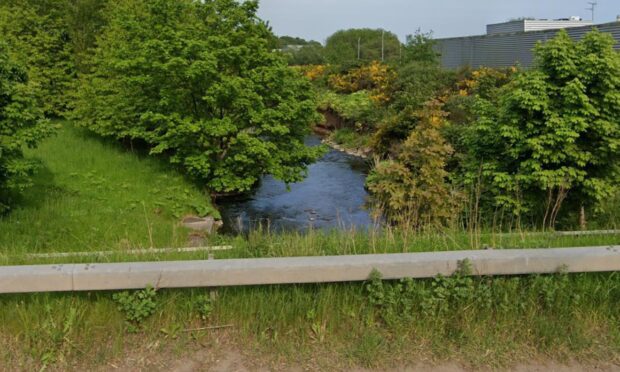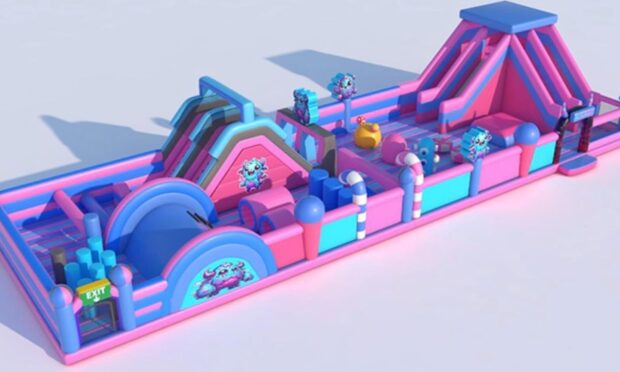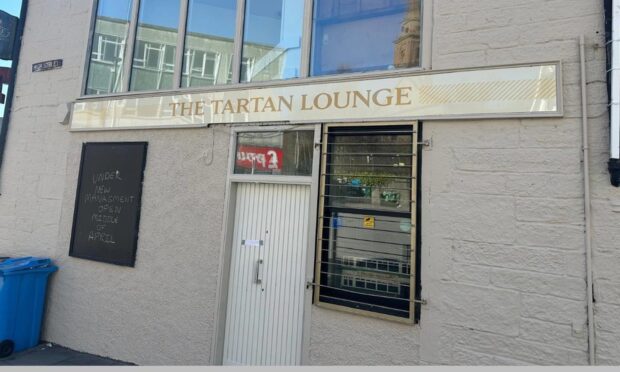A ‘world-leading’ supplier of miniature satellites has reportedly expressed an interest in saving an “irreplaceable” Dundee facility which collects images of Earth from space.
Glasgow-based company Clyde Space has written to Dundee University to “confirm its interest” in saving Dundee Satellite Receiving Station (DSRS), which was shut down in April.
The facility, which was managed by the university, had been recording and storing images of the planet taken from orbit for the last 40 years providing information to climate analysts across the globe.
Efforts to save the station have so far failed after a £338,000 budget cut by the Natural Environment Research Council (NERC) left a shortfall in running costs and inevitable closure.
Clyde Space chief strategy officer Craig Clark wrote to the university to “confirm Clyde Space’s interest” in contracting with them to “rent/lease the existing” DSRS facilities.
A spokesman for Dundee University confirmed Clyde Space had been in touch with them but stressed they had received “no firm proposals from them or any other party”.
He said: “Clyde Space understandably would need to carry out due diligence to decide whether or not to progress matters but until finances are discussed there is no basis on which the university can determine the viability of any proposal.
“The decommissioned equipment will be stored by the university and so is available if a credible proposal comes through and can be agreed, but at this stage we are in a ‘statement of intent’ phase with Clyde Space.
“The reason for the decommissioning of the station was the removal of annual core funding by the NERC.
“The university is not in a position to subsidise facilities such as this if external research grants are withdrawn.”
Clyde Space’s website states its ultimate romantic vision is for Glasgow to one day build a quarter of all the world’s spaceships — just as was the case in shipbuilding in the city in the late 19th and early 20th centuries.
It describes itself as a “world-leading” innovator and supplier of CubeSats and small satellite systems.
The company did not respond to a request for comment.
Former NASA space scientist Dr David Baker, who worked on the moon landings in the 1960s and 1970s, previously described the station as “irreplaceable” and said its closure was a loss to world science.
Over £8000 has so far been raised through an online fundraiser to save the facility — some way short of the £338,000 needed to make up the annual shortfall.
